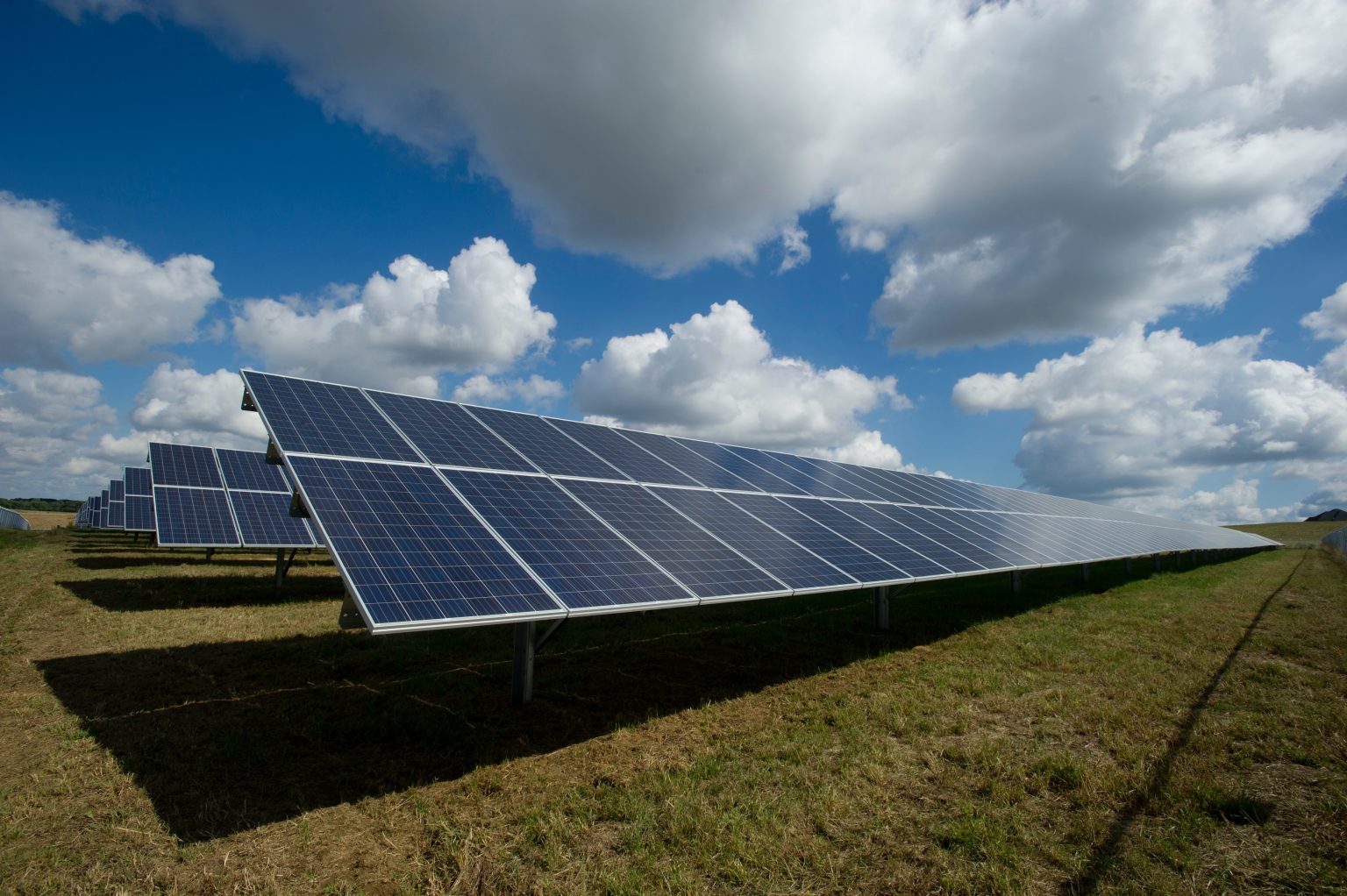Ghana is a country with abundant sunshine and a growing demand for electricity. The government has set an ambitious target of increasing the share of renewable energy in the national grid to 10% by 2030, with solar power playing a key role. However, there have been significant challenges that need to be overcome to achieve this goal.
According to the International Renewable Energy Agency (IRENA), Ghana had only 108 megawatts (MW) of installed solar capacity by the end of 2020. This is far below the country’s target of achieving 10% renewable energy in the power mix by 2030, which would require about 2,000 MW of solar.

For a country with abundant sunshine, Ghana is failing to even catch up to countries like Germany who have the least sunshine hours. Germany is one of the largest solar power producers in the world. With an installed capacity of nearly 60 gigawatt (GW) in 2021, the country ranked 4th globally after leading the field for several years, according to the International Renewable Energy Agency (IRENA).
Challenges
What are the challenges facing Ghana’s solar sector?
One of the main barriers is the lack of adequate financing for solar projects. Solar energy is still perceived as risky and expensive by many investors and lenders, who prefer more conventional sources of power generation. The high upfront costs of solar systems also deter many potential customers, especially in rural areas where access to credit is limited.
The government has introduced some incentives, such as tax exemptions and feed-in tariffs, to encourage private investment in solar projects, but these are not enough to bridge the gap.
Another challenge is the lack of adequate infrastructure and technical capacity to integrate solar power into the grid. The grid is often unstable and prone to power outages, which affects the reliability and quality of solar power. Moreover, there is a shortage of skilled technicians and engineers who can design, install, and maintain solar systems.

Ghana does not have a dedicated feed-in tariff or net metering scheme for solar, which would incentivize independent power producers and consumers to invest in solar systems. The country also lacks a clear framework for mini-grid development, which could provide reliable and affordable electricity to remote communities.
Current Projects
Despite challenges, Ghana has been embarking on solar projects across the country.
The Volta River Authority’s 13MW Solar Power Project at Kaleo was recently successfully commissioned in Ghana. The solar plant is the first phase of what will eventually be a 28MW plant at Kaleo.
Another project is the Hydro-Solar Hybrid power generating system, which includes a 5MW Floating Solar PV System. The project will be the first of its kind in the West African subregion. It forms part of the first phase of a 250MWp solar project, which is being implemented in phases of 50MWp.

One notable project was the Nzema Solar Power Station, a 155 megawatts (208,000 hp) solar power plant, that was set to be the largest solar power installation on the African continent. Construction was set to be completed in 2017.
However, according to reports, the project was shelved at the planning stages.
Where Do We Go From Here?
How can Ghana overcome these challenges and catch up with its neighbors in solar energy?
Some of the possible solutions include:
- Creating a conducive environment for solar investment by providing attractive incentives, reducing barriers, and facilitating access to finance.
- Developing a comprehensive policy and regulatory framework for solar energy that covers grid-connected, off-grid, and hybrid systems.
- Strengthening the capacity and coordination of key stakeholders in the solar sector, such as the Ministry of Energy, the Energy Commission, the Public Utilities Regulatory Commission, the Electricity Company of Ghana, and the Bui Power Authority.
- Enhancing public awareness and education on the benefits and opportunities of solar energy, especially among rural communities and women.
- Fostering regional cooperation and knowledge exchange on best practices and lessons learned from other African countries that have successfully deployed solar energy.
Ghana has a unique opportunity to tap into its abundant solar resources and accelerate its clean energy transition. By doing so, Ghana can reduce its dependence on fossil fuels, improve its energy security, create jobs, and combat climate change.
Catch up on news and other tidbits on our WhatsApp Community Page, Twitter/X, and subscribe to our weekly newsletter to ensure you don’t miss out on any news.
Support Tech Labari
Tech Labari currently relies on bootstrapping, ads, and sponsored content to publish news stories and articles to our thousands of readers in Africa and the world.
Financial contributions from our readers are a critical part of supporting our resource-intensive work and help us keep our site free for all.
Any contribution to Tech Labari would help to keep the site running










